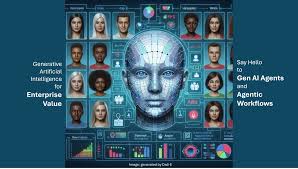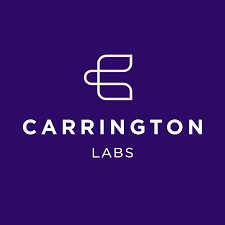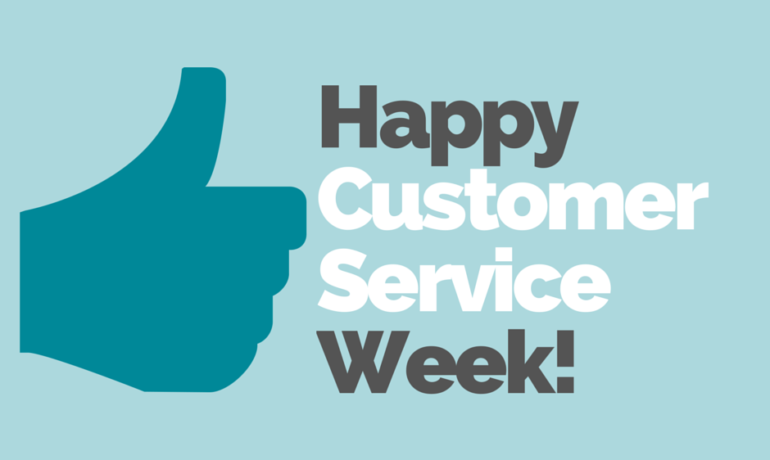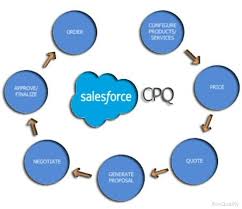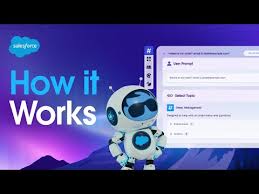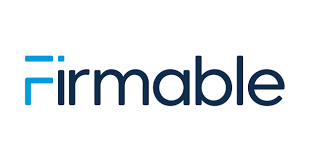The rapid pace of AI technological advancement is placing immense pressure on teams, often leading to disagreements due to the unrealistic expectations businesses have for the speed and agility of new technology implementation. A staggering 88% of IT professionals report that they are unable to keep up with the flood of AI-related requests within their organizations. Executives from UiPath, Salesforce, ServiceNow, and ManageEngine offer insights into how enterprises can navigate these challenges. Leading enterprises are adopting AI-powered automation platforms that understand, automate, and manage end-to-end processes. These platforms integrate seamlessly with existing enterprise technologies, using AI to reduce friction, eliminate inefficiencies, and enable teams to achieve business goals faster, with greater accuracy and efficiency. This year’s innovation drivers include tools such as Intelligent Document Processing, Communications Mining, Process and Task Mining, and Automated Testing. “Automation is the best path to deliver on AI’s potential, seamlessly integrating intelligence into daily operations, automating backend processes, upskilling employees, and revolutionizing industries,” says Mark Gibbs, EMEA President, UiPath. Jessica Constantinidis, Innovation Officer EMEA at ServiceNow, explains, “Intelligent Automation blends Robotic Process Automation (RPA), Artificial Intelligence (AI), and Machine Learning (ML) with well-defined processes to automate decision-making outcomes.” “Hyperautomation provides a business-driven, disciplined approach that enterprises can use to make informed decisions quickly by analyzing process and data feedback within the organization,” adds Constantinidis. Thierry Nicault, AVP and General Manager at Salesforce Middle East, emphasizes that while companies are eager to embrace AI, the pace of change often leads to confusion and stifles innovation. He notes, “By deploying AI and Hyperintelligent Automation tools, organizations can enhance productivity, visibility, and operational transformation.” Automation is driving growth and innovation across industries. AI-powered tools are simplifying processes, improving business revenues, and contributing to economic diversification. Ramprakash Ramamoorthy, Director of AI Research at ManageEngine, highlights how Hyperintelligent Automation, powered by AI, uses tools like Natural Language Processing (NLP) and Intelligent Document Processing to detect anomalies, forecast business trends, and empower decision-making. The IT Pushback Despite enthusiasm for AI, IT professionals are raising concerns. A Salesforce survey revealed that 88% of IT professionals feel overwhelmed by the influx of AI-related requests, with many citing resource constraints, data security concerns, and data quality issues. Business stakeholders often have unrealistic expectations about how quickly new technologies can be implemented, creating friction. According to Constantinidis of ServiceNow, many organizations lack transparency across their business units, making it difficult to fully understand their processes. As a result, automating processes becomes challenging. She adds, “Before full hyperautomation is possible, issues like data validation, classification, and privacy must be prioritized.” Automation platforms need accurate data, and governance is crucial in managing what data is used for AI models. “You need AI skills to teach and feed the data, and you also need a data specialist to clean up your data lake,” Constantinidis explains. Gibbs from UiPath stresses that automation must be designed in collaboration with the business users who understand the processes and systems. Once deployed, a feedback loop ensures continuous improvement and refinement of automated workflows. Ramamoorthy from ManageEngine notes that adopting Hyperintelligent Automation alongside existing workflows poses challenges. Enterprises must evaluate their technology stack, considering the costs, skills required, and the potential benefits. Strategic Integration of AI and Automation To successfully implement Hyperintelligent Automation tools, enterprises need a blend of IT and business skills. Mark Gibbs of UiPath points out, “These skills ensure organizations can effectively implement, manage, and optimize hyperintelligent technologies, aligning them with organizational goals.” Salesforce’s Nicault adds, “Enterprises must empower both IT and business teams to embrace AI, fostering innovation while ensuring the technology delivers real value.” Business skills are equally crucial, including strategic planning, process analysis, and change management. Ramamoorthy emphasizes that these competencies help identify automation opportunities and align them with business goals. According to Bassel Khachfeh, Digital Solutions Manager at Omnix, automation must be implemented with a focus on regulatory and compliance needs specific to the industry. This approach ensures the technology supports future growth and innovation. Transforming Customer Experiences and Business Operations As automation evolves, it’s transforming not only back-end processes but also customer experiences and decision-making at every level. Constantinidis from ServiceNow explains that hyperintelligence enables enterprises to predict outcomes and avert crises by trusting AI’s data accuracy. Gibbs from UiPath adds that automation allows enterprises to unlock untapped opportunities, speeding up the transformation of manual processes and enhancing business efficiency. AI is already making an impact in areas like supply chain management, regulatory compliance, and customer-facing processes. Ramamoorthy of ManageEngine notes that AI-powered NLP is revolutionizing enterprise chatbots and document processing, enabling businesses to automate complex workflows like invoice handling and sentiment analysis. Khachfeh from Omnix highlights how Cognitive Automation platforms elevate RPA by integrating AI-driven capabilities, such as NLP and Optical Character Recognition (OCR), to further streamline operations. Looking Ahead Hyperintelligent Automation, driven by AI, is set to revolutionize industries by enhancing efficiency, driving innovation, and enabling smarter decision-making. Enterprises that strategically adopt these tools—by integrating IT and business expertise, prioritizing data governance, and continuously refining their automated workflows—will be best positioned to navigate the complexities of AI and achieve sustainable growth. Like Related Posts Salesforce OEM AppExchange Expanding its reach beyond CRM, Salesforce.com has launched a new service called AppExchange OEM Edition, aimed at non-CRM service providers. Read more The Salesforce Story In Marc Benioff’s own words How did salesforce.com grow from a start up in a rented apartment into the world’s Read more Salesforce Jigsaw Salesforce.com, a prominent figure in cloud computing, has finalized a deal to acquire Jigsaw, a wiki-style business contact database, for Read more Health Cloud Brings Healthcare Transformation Following swiftly after last week’s successful launch of Financial Services Cloud, Salesforce has announced the second installment in its series Read more

